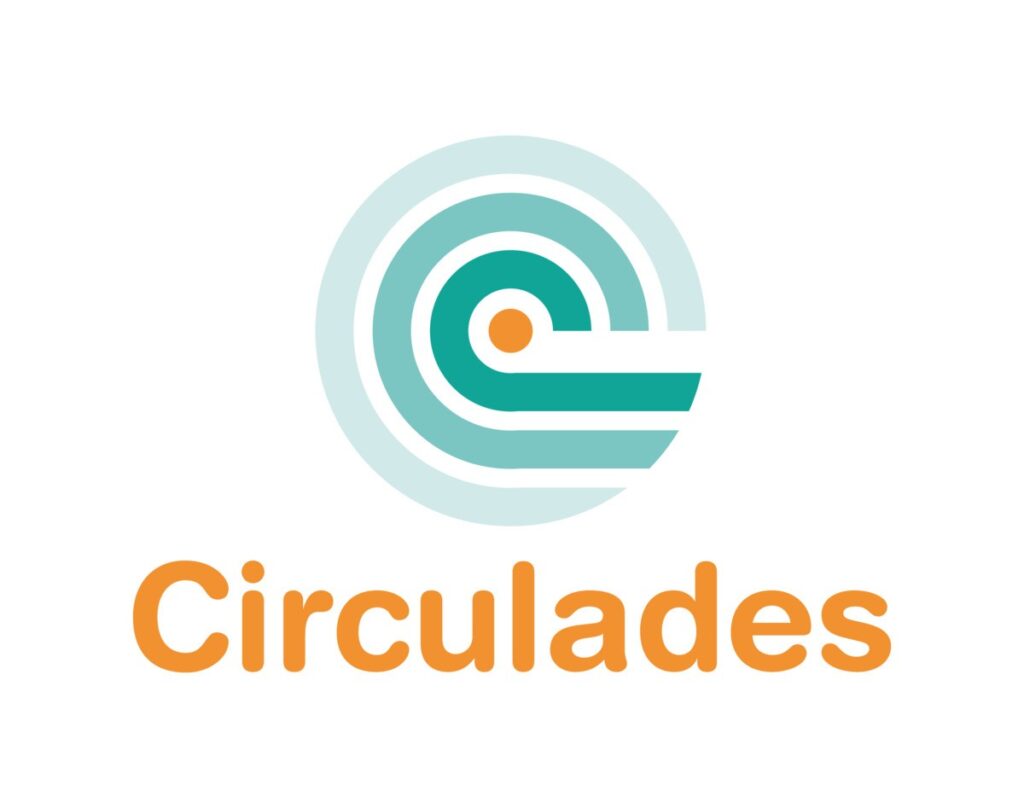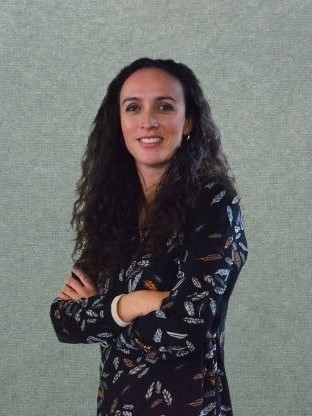Management and Responsible Practices
The group is led by Angélique Rodhain and Claire Gillet-Monjarret.
The Management and Responsible Practices (MPR) research area brings together teacher-researchers and doctoral students from various research groups within the Montpellier Management Research Laboratory, as well as associate researchers from other establishments.
RESEARCH TOPICS

The research themes of this cross-functional area are based on the work of MRM laboratory researchers in the fields of sustainable development and corporate social responsibility (CSR/RSO). Research focuses mainly on societal reporting, extra-financial management in organizations, responsible entrepreneurship and sustainable development in SMEs, socially responsible consumption, sustainable finance, responsible HRM and the social responsibility of higher education establishments.
The Research Axis is also participating in the Circulades key challenge of the Occitanie Region. This key challenge brings together researchers from several Occitanie laboratories working on the circular economy (CE). The aim of this project is to develop a regional dynamic around the CE theme, to forge academic and industrial partnerships, and to fuel the science/society dialogue. The aim is to promote transdisciplinarity and partnerships with local players. The theme of the project submitted by the MPR Axis to the key challenge concerns the circular economy in higher education establishments.
The aim is to mobilize all or some of the researchers involved in CSR and SD-related themes in their discipline groups around one or more joint projects, with a view to creating synergies with the groups' work. The objective of bringing researchers together around common multidisciplinary and interdisciplinary projects is also reflected in the organization of events around sustainable development issues, including the Circular Economy Fresque and Life Cycle Assessment (LCA) training courses.

The Management and Responsible Practices division is involved in the Circulades Key Challenge.
Circulades is 36 laboratories, belonging to all the research organizations in the Occitanie region, working together with the ambition of carrying out pioneering and applied research on the subject of the circular economy.
The interdisciplinary expertise of this consortium aims to build a scientific foundation for this development model in order to offer decision-making tools to institutions, entrepreneurs, citizens...
As part of the Circulades project, the Management and Responsible Practices axis coordinates the ASECT project (Approche Systémique de l'Economie Circulaire sur le Territoire).
The ambition of the ASECT project is to propose a systemic approach to the circular economy (CE), making it possible to study the CE as a complex system with a global and interdisciplinary vision. We will propose a global multi-scale model of the circular economy, based on several case studies. In each case study identified, the first step will be to observe what already exists, then to create a generic representation that can be used in other comparable case studies, and finally, to cross-reference the results to create a common basis for these elements (1). Then, using the data collected in the previous stage, we'll conduct action research to identify the relevant measures specific to each case study, and test these measures using a feedback loop. This work will make it possible to propose indicators for assessing the circularity and sustainability of circular supply chains, and to build global scenarios at different scales (region-city-university, etc.) (2). We will then study the interplay of players and behaviors, particularly in decision-making, following the proposal of measurement indicators and steering tools, and thus be able to analyze the acceptability of these new territorial and economic schemes (3). Ultimately, this will provide us with a cross-sectional representation of the definition of the circular economy in a given territory, and a blueprint for its implementation.

